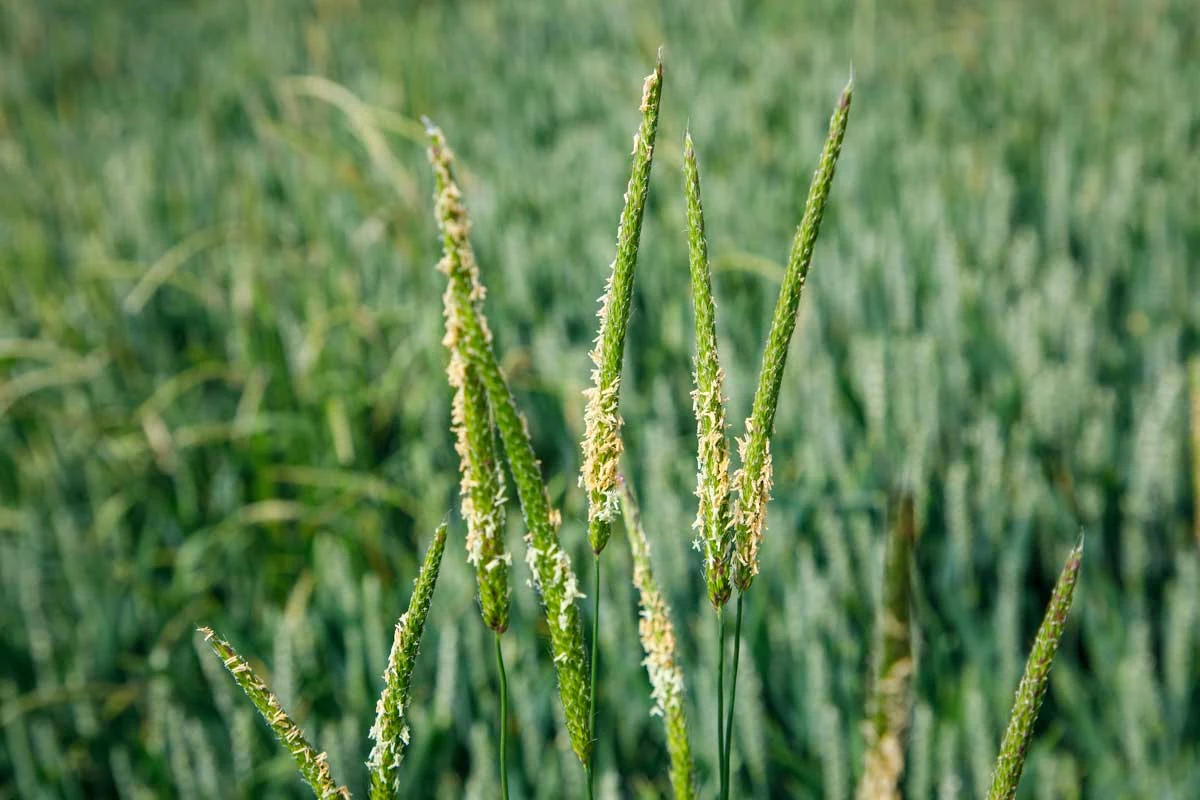
Integrated weed management
Integrated Weed Management (IWM) aims for sustainable control and management of weeds using methods designed to complement each other. It involves physical, chemical and biological methods of control without excessive reliance on any one technique. The purpose of IWM is to reduce weed pressure and keep weeds at low levels. The desired outcome is to put weeds off balance making it easier for a herbicide to do its job — which is to protect the yield potential of a crop.

